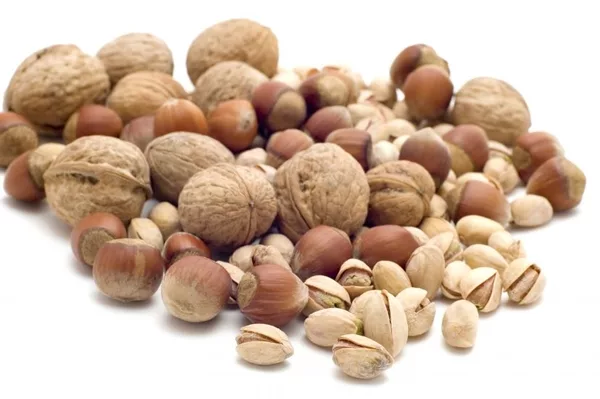Farm Stand Hazelnuts Linked to Salmonella Outbreak in Oregon

Hazelnuts from an Oregon farm have been reportedly linked to a Salmonella outbreak.
According to the Oregon Health Authority, five illnesses have been reported after the victims consumed hazelnuts from Schmidt Farm and Nursery--a roadside farm stand in McMinnville, OR. The correlation was confirmed based on laboratory and epidemiologic traceback. Each person contracted Salmonella Typhimurium between October 2016 and December 2016. The same strain of Salmonella was also found on hazelnut samples from the farm in question.
While Schmidt Farm does sell some hazelnuts at their farm stand, the bulk of its supply is distributed through wholesalers.
According to Stephanie Page of the Oregon Department of Agriculture, "Wholesalers have steps in place that kill any Salmonella on the hazelnuts they handle before the nuts reach consumers. To date, we have no indication there were any issues with this part of the process. The concern in this case is with hazelnuts bought at the farm stand."
A message on the Schmidt Farm website reads:
Schmidt Farms is dedicated to producing a safe and quality product. In our 41 years of operation as a family owned and operated farm, we have always excelled in sanitation. We would like to take this opportunity to remind customers that product sold from our farm-stand is a raw product and is designed to be roasted prior to eating. Roasting is a means of further processing that will kill foodborne pathogens. It is recommended to roast hazelnuts at 275 degrees in a single layer, without oil, for 40 minutes. For your convenience, these instructions are provided on every bag of hazelnuts.
While Salmonella is most commonly associated with raw and undercooked foods such as eggs, meat and poultry, the spread of contamination can occur--particularly on a farm--when a food product is exposed to feces from an animal that carries Salmonella bacteria. The same can also occur when uncontaminated product has either direct or indirect contact with Salmonella. This includes cross-contamination not only on the farm, but in the home after a consumer purchase.
Sign up for Food Safety Magazine’s bi-weekly emails!
Looking for quick answers on food safety topics?
Try Ask FSM, our new smart AI search tool.
Ask FSM →






